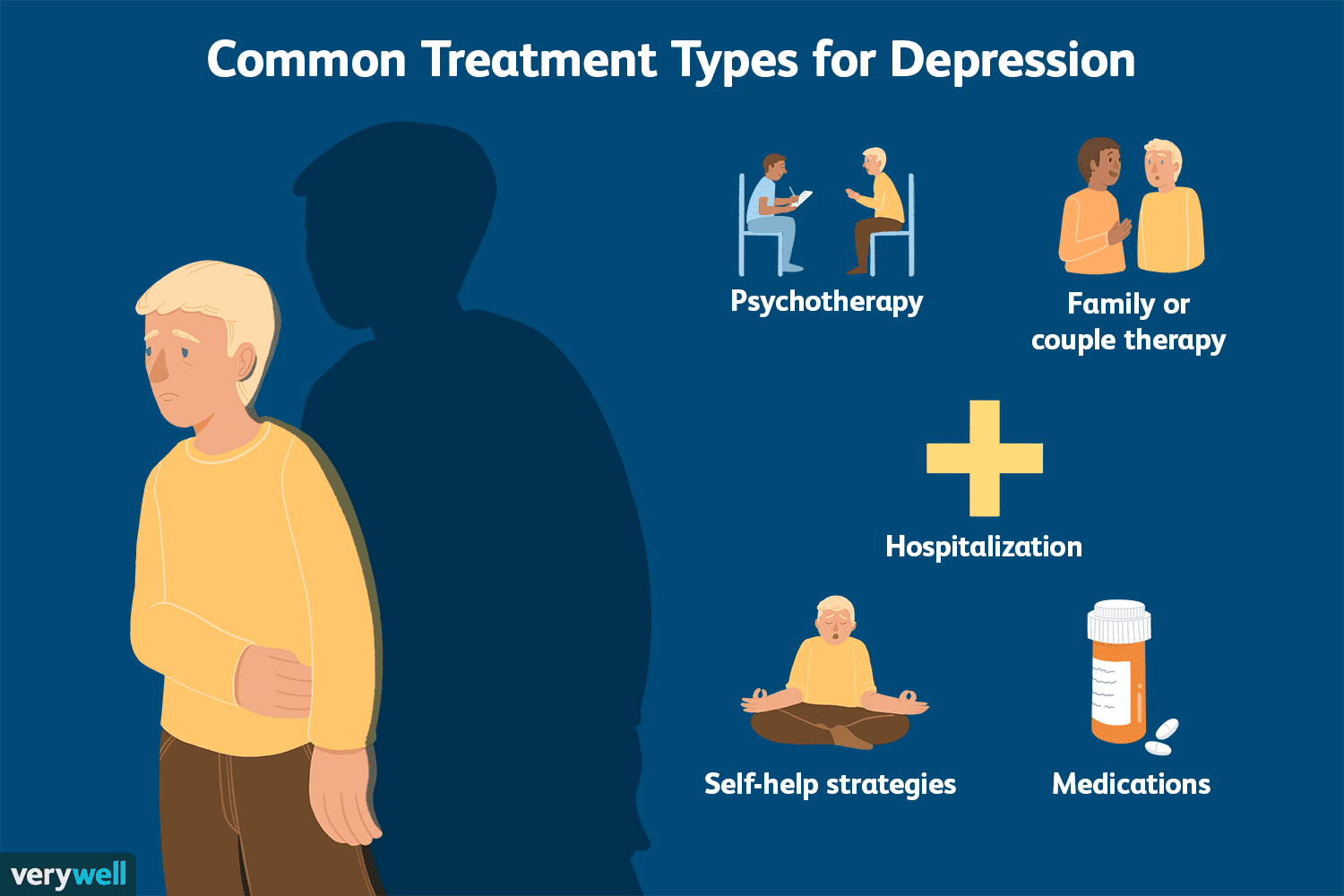Depression is a common illness nowadays, with people from all backgrounds reportedly having it. Workers and employees to students and college graduates experience some type of depression at some point in their lives without proper treatment.
A Psychiatrist or any treatment center can enable people to get appropriate treatment for these illnesses to ensure that they are at the top of their mental well-being.
In India alone, a study found that at least 43 percent of the population undergo or suffer from depression, with a majority experiencing mild symptoms. In contrast, a small percentage showed severe depression symptoms.
The number of individuals suffering from depression skyrocketed during the pandemic due to the increased stress of lockdowns and job pressure. People are slowly trying to cope with job cuts, health safety, and an otherwise dangerous environment as increased stress levels can lead to depression.
Understanding Depression:
Depression is a type of negative mental illness that can affect the way a patient feels and thinks. It affects work performance and throws into disarray the normal mental states of a person.
Feelings of lack of happiness or lack of motivation to complete work are often associated with depression. These are the different symptoms of depression that is noticeable in a person:
- Loss of interest
- Sadness or random mood swings often bring out fulfillment or a lack of joy.
- Appetite changes that lead to weight loss or gain in weight.
- Feeling tired and losing energy.
- Random sleep cycle changes, which often lead to too much sleep or sleeplessness.
- Feeling a lack of worthiness or extreme waves of guilt.
- Having difficulties in fixing a decision or concentration abilities get reduced.
- Random thoughts of suicide and death.
Symptoms usually last for two weeks to be considered a depressive stage, and it is to be noted that all medical conditions are ruled out before concluding that it’s depression.
There’s no fixed schedule for depression to happen, and everyone, irrespective of age or health, is prone to depression at some point or the other.
Studies have shown that women are more likely to get depressed than men, and it is reported within a majority of the age group of late teens to mid-20s. Depression often culminates from grief and any occurrence that causes a massive surge of emotions.
This can include the death of a beloved family member or loved one, prone to assault or disaster, or losing something valuable like an object or a job. Several factors affect depression in an individual:
- The biochemistry and hormone mix-up in the individual can affect depression.
- Genetics can play a role and is often linked to genes running in the family.
- The individual’s personality and how they handle stress or pressure.
- Outside factors such as violence, poverty, or lack of companionship.
Psychiatry and Depression:
Mental health diseases are just like any other diseases that affect the body and cause harm. They can only be cured to the fullest extent by psychiatrists. Psychiatrists are qualified to assess the mental and physical well-being of their patients and help patients fight it both during and after treatment.
Psychiatrists are better equipped to treat patients undergoing depression because these experts are legally qualified to prescribe drugs and medications based on the person’s mental state. Psychiatrists can also help patients and their families understand the true causes of mental illnesses and their repercussions on the mind and the body.
When Should A Patient Opt For A Psychiatrist Appointment?
Several factors or situations can trigger depression in an individual. Take a look at some of the symptoms that allow a person to understand whether they should see a psychiatrist.
- Increased Stress and Instances of Anxiety: People experience problems from time to time, and it is an inevitable part of life. Job loss, problems in the family, or even relationships can cause depression due to increased stress levels.
This can further extend to social isolation. Psychiatrists can help find the root of all these problems and treat their patients to help them overcome these problems with ease.
- State of Depression: A mental illness such as depression does not usually go away with time. The more a person is in a state of depression, the worse it will turn out to be. Patients who are locked in a specific pattern of mental depression should seek out a psychiatrist for help.
- Other Instances: Severe phobias or trauma-induced in a patient due to personal problems or the death of a loved one are often triggers of depression. It can lead to a chain of unhealthy habits and extreme mood swings that are abnormal and bad for mental health.


















Be First to Comment